"Play is the highest form of research." - Albert Einstein. This is a profound quote that captures the essence of learning through play, a powerful approach to childhood development. We are going to explore the benefits of play-based learning, its impact on young minds and why it is essential for shaping brighter futures. Let's dive into the magic of play!
Learning through play encompasses about five domains and we shall give a brief description of each one and in the consequent weeks, we shall take a deep dive into what each one entails.
- Cognitive Development: This refers to the growth of the ability to think, explore and figure things out. It involves devoloping skills in problem solving, critical thinking, creativity, focus, memory and reasoning. The examples of play in this domain include, solving puzzles, building blocks and many others.
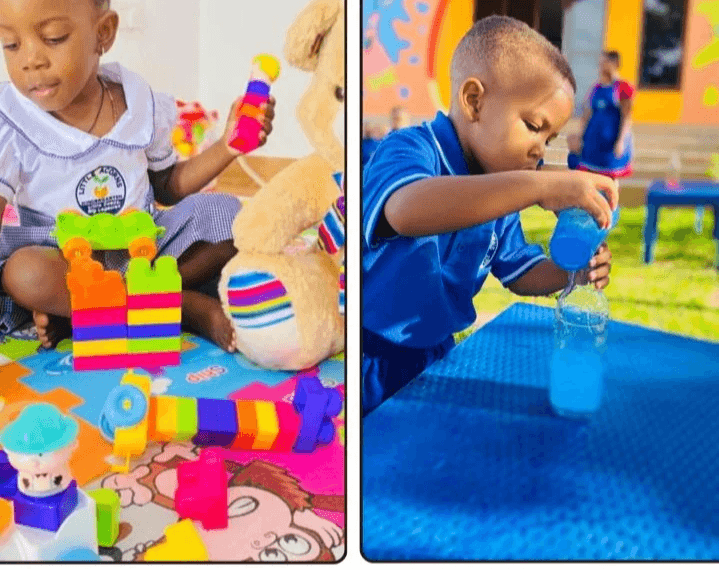
- Social-Emotional Development: This refers to a child's ability to create and sustain meaningful relationships with peers and adults. In today's world, this is one of the most important domains as it provides a firm foundation for mental health. The examples of play in this domain include sharing toys, taking turns in games, story telling and many others.
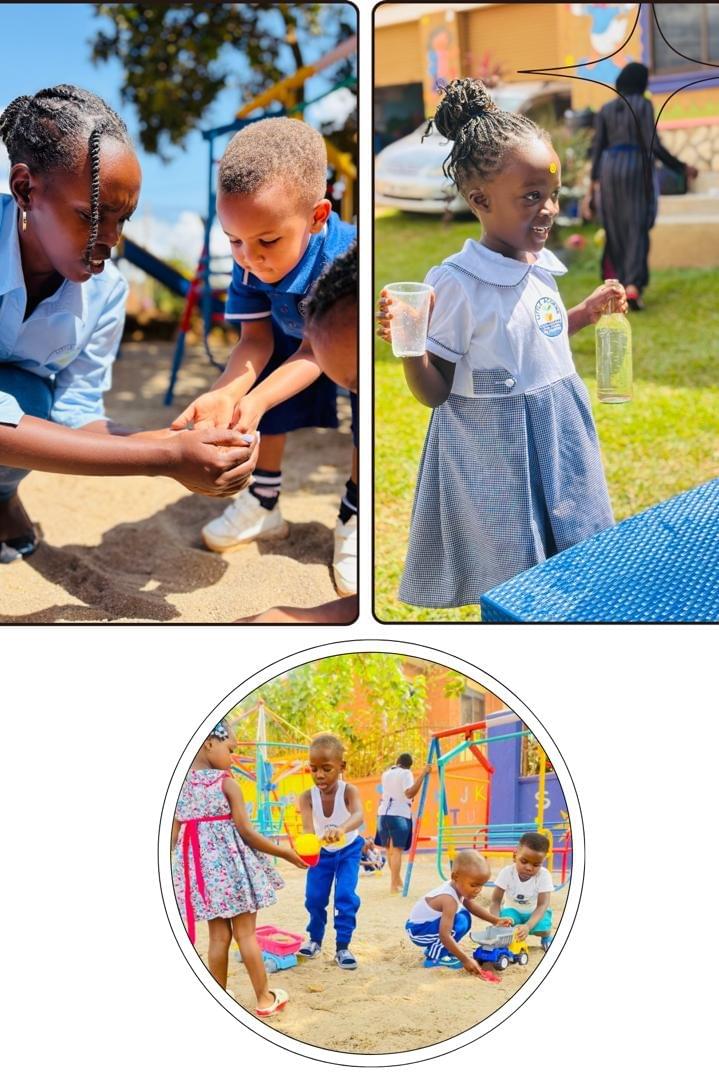
- Physical Development: This refers to the growth and development of both the brain and body. It includes gaining control over muscles, improving balance and coordination. This as well is very important as it lays the foundation for all the other domains to thrive. The examples of play in this domain include running, jumping, dancing, colouring and many others.
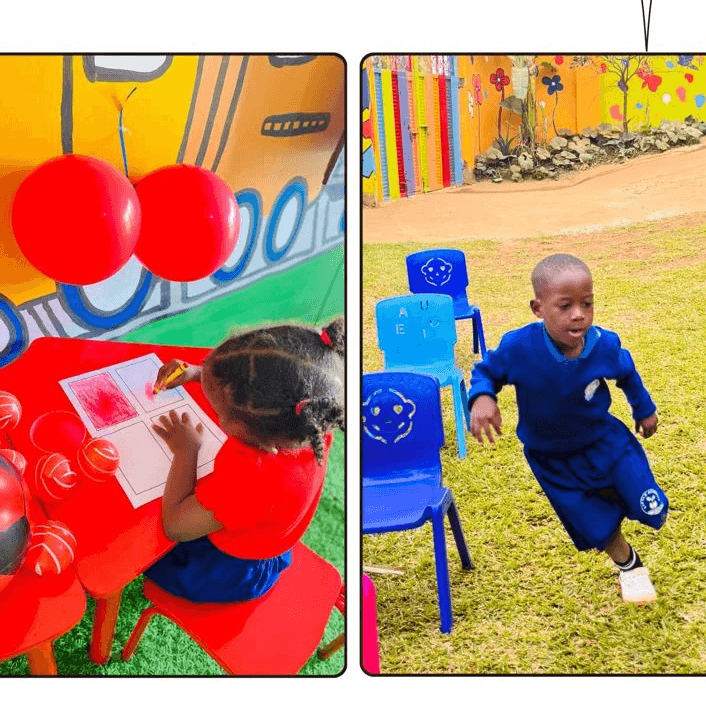
- Language and Literacy: Language is a system of communication. Literacy is the ability to read, write and understand language. So together, they are essential for children to understand the world around them. The examples of play in this domain include reciting rhymes, poems, storytelling and many others.
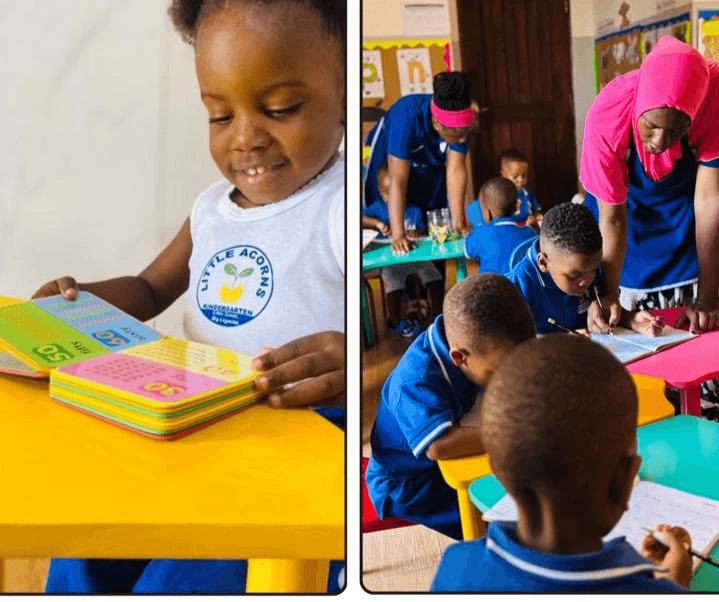
- Creativity and Imagination: This involves looking into the children's unique response to what they see, hear and experience around them. In here we express ourselves through various activities and experiences. The examples of lay in this domain include drawing, pretend play, painting and many others.
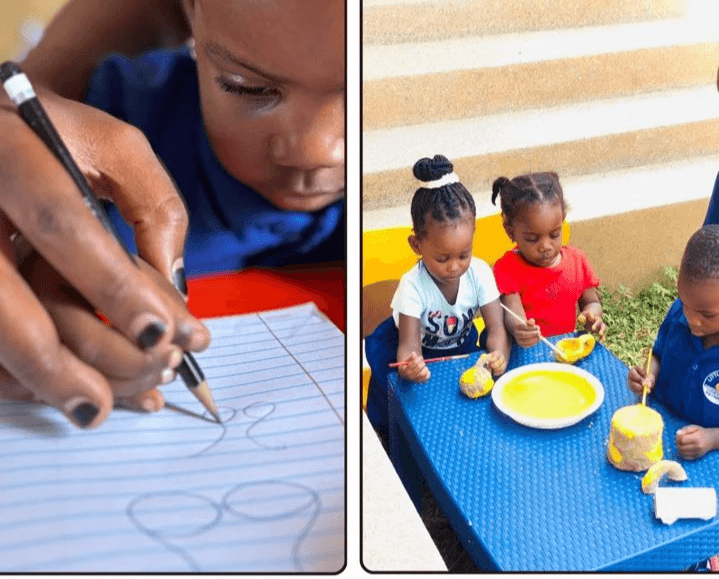
These domains are interconnected and often overlap, allowing children to develop holistically through play based experiences.
Thank you for reading!
M. Kafeero
